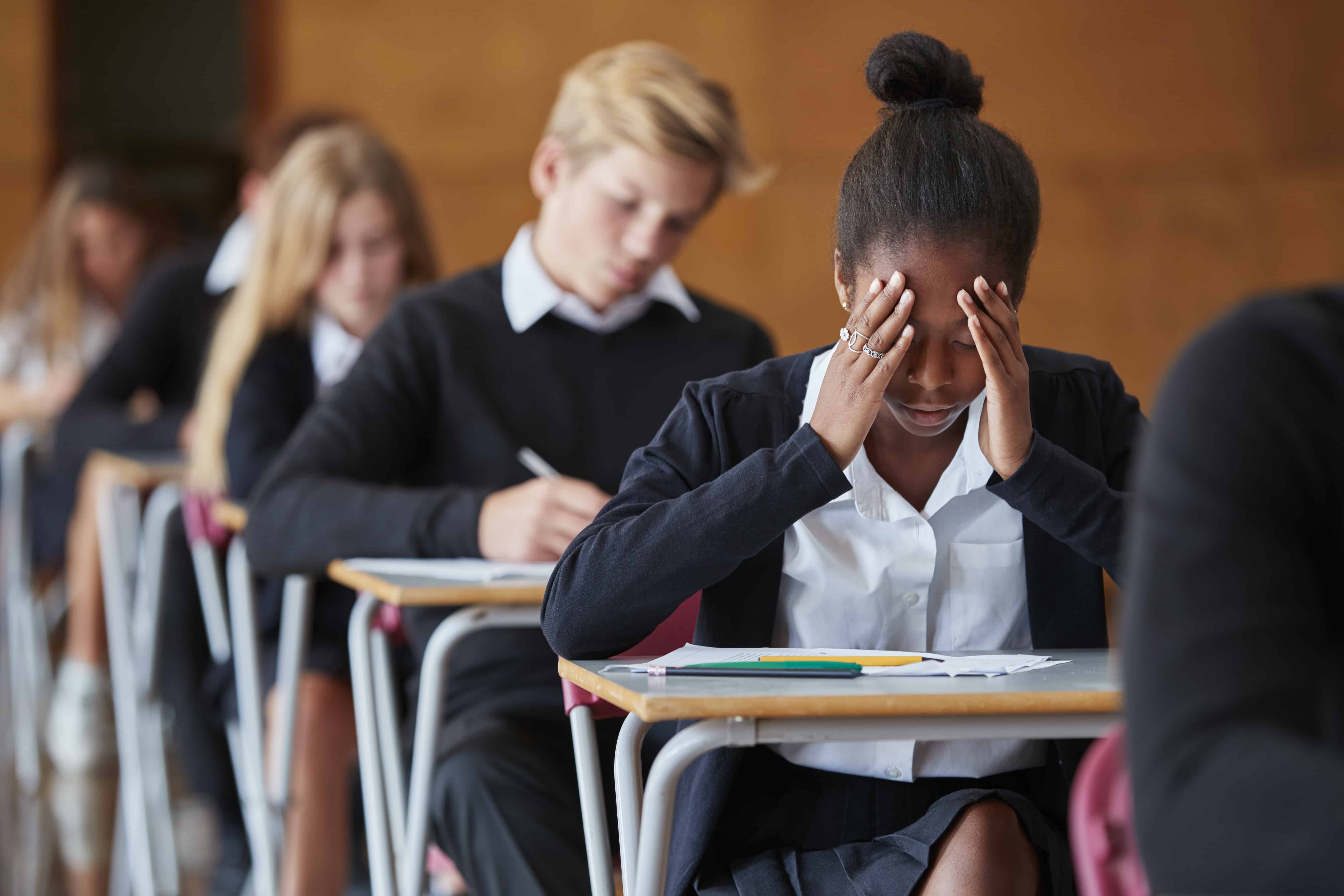 As the 2018-2019 school year quickly approaches, back-to-school shopping, meet the teachers, and class schedules are top of mind. First-day photos will soon fill our social media feeds, and just like that, summer is over. What we don’t prepare for (or at least until it’s too late) is a mental health crisis plan for our students.
As the 2018-2019 school year quickly approaches, back-to-school shopping, meet the teachers, and class schedules are top of mind. First-day photos will soon fill our social media feeds, and just like that, summer is over. What we don’t prepare for (or at least until it’s too late) is a mental health crisis plan for our students.
This article addresses a topic some consider taboo. According to the Center for Disease Control, suicide is the second leading cause of death among adolescents aged 15-19 years old. With the passing of Kate Spade, Anthony Bourdain and countless others, let’s take an uncomfortable few minutes to talk about mental health awareness.
Any setback can trigger feelings of sadness, self-doubt, anger and anxiety. Suddenly, your child might start acting differently, sleeping patterns might change, and he/she might seem withdrawn. Societal and academic pressures are real in middle and high school.
In hopes of spreading awareness, I met with the SAFE Coordinator at Lake Nona High School, Angelina Whalen, and Lake Nona High School alumni Katherine Quilit. Both Whalen and Quilit are very passionate about breaking the stigma surrounding mental illness.
Whalen says, “If you are struggling or worried about your child, reach out for help. Fight stigma by showing it is okay to get help. If they resist, get help for yourself.” Also, she says to be aware of how you talk about mental health. Are you teaching them that you are a safe person to talk to if they are struggling?
alk to your child about “who they are, not just about their grades,” adds Whalen. Focus more on their personality traits than solely their achievements. Remind your child about self-care to make sure they do good for themselves.
Having an adult to talk to who is not a parent, Quilit says, “saved her life.” An administrator she least expected was the one person she needed. In high school, Quilit was the girl no one would have thought was sad. Practicing being happy was her coping skill. She had the whole world fooled. Outside, she was a popular girl with lots of friends. Inside, she says, she felt alone and empty. It took just one person to make Kathy realize how special she was. Quilit recalls a time she didn’t think she would be here to live. Today, she volunteers her time to help other students feeling the way she once felt. “Act like you’re happy” was her mantra, until acting no longer worked.
She kept her secret for so long that when she did tell others, they were in shock. “I went to parties to have fun, everyone thought I was happy, but I wasn’t. Now I have turned my voice into something positive instead of sadness.” Quilit now helps other students by speaking at public schools and volunteering at the National Alliance for Mental Illness in Orlando.
Mental health does not discriminate. Quilit recalls high-achieving students struggling just as much as others.

Whalen encourages parents to remember to give unconditional love and encouragement. “They need to know they matter and are accepted. They need someone to just listen and be heard. They want to be kids; stress-free time, hobbies, and self-care are so important.”
Quilit encourages family dinners and to learn about your teen casually without judgment; just listen. The sense of knowing your parents are there for you no matter what can make a difference, she says. Ask more than, “Did you do your homework?” Being a teenager is all their life. Don’t be too pushy. She shares, “Think of a magnet … the harder you push polar opposites, they drift with an invisible force field between.”
SAFE tips on how to keep students’ minds positive and healthy:
- Physical activity
- Vitamin D – go outside
- Social media/screen breaks
- Volunteer – do good for someone else
- Mindfulness – be present
- Practice gratitude – know what to be thankful for
- Regarding school, praise their efforts versus the outcome. “Love who they are, not what they do.”
If a crisis were to happen today, do you know who to call? Local free resources are available:
- National Alliance for Mental Illness (NAMI) Orlando (407) 253-1900
- Mobile Crises Unit, dial 2-1-1 (available 24/7)
- National Suicide Prevention Hotline 1-800-273-8255
- National Suicide Prevention Chat: Text HOME to 741741
During the school day, both Whalen and Quilit say the guidance office, school nurse, social worker, teachers and administrators are available. Students are in school at least seven hours a day. Have your child find a safe person to talk to when you are not around.
I am not a counselor or a therapist. I am a parent who has had to lean on the resources above for my own teen. As a community, we can help each other by avoiding judgment and, most importantly, watching how we speak when it comes to mental health. It is okay to ask for help.
Sophia Rogers is a six-year Lake Nona area resident and Realtor/founder of NonaHomeGuide.com. A wife and mom of four, family, relationships and real estate are her passions. She can be reached at sophia@nonahoodnews.com.

